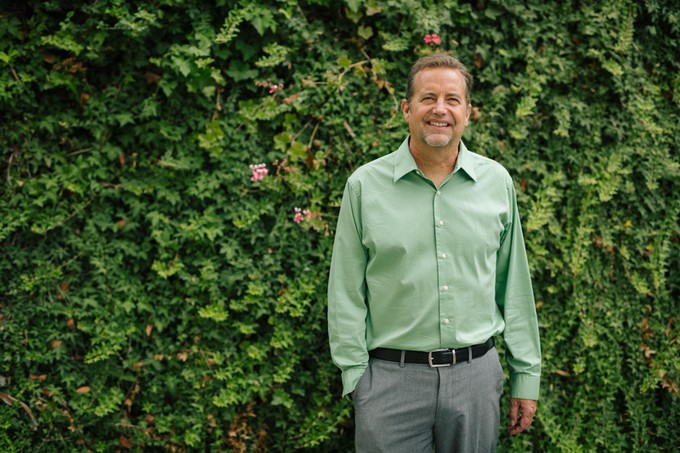
Denominational churches are in decline, with far fewer members every year. But there is one group in particular within Christianity that is experiencing growth: INC Christianity.
INC is a term that sociology professor Brad Christerson and coauthor Richard Flory coined in their recently published book, The Rise of Network Christianity: How Independent Leaders are Changing the Religious Landscape (Oxford University Press, 2017). The book presents their research on how Christian groups led by independent charismatic leaders are growing in size compared to many denominations that have seen decreasing participation in recent years.
“We found that the fastest growth in the U.S. is among what we call ‘Independent Network Charismatic’ (INC) groups,” said Christerson, a contributing fellow at the USC Center for Religion and Civic Culture (CRCC), who conducted research alongside Flory, senior director of research and evaluation at CRCC. “Based on our research, we believe that INC Christianity is significantly changing the religious landscape in America. It is likely to influence the way people practice the Christian faith in the future.”
INC Christianity is a movement of independent charismatic leaders who are organized by networks instead of official denominations.
“In this network form of governance, there is no institutionalized oversight so these leaders can experiment with extreme supernatural experiences and unorthodox beliefs,” Christerson said. “This is attractive, particularly to young people, who want a direct encounter with the supernatural and a faith that they think can change the world.”
The growth of INC Christianity has far-reaching effects on the younger generation as they recognize young people’s desire for meaning, adventure and excitement. In an online interview with Christianity Today, Christerson further explained the wide appeal to today’s younger generation: “These kinds of churches appeal to them in ways that traditional congregations just can’t. They are not merely trying to learn how to know God, live a godly life or share their faith with other people. They really believe they are participating in this cosmic spiritual battle to transform the world. They are involved in this battle for whole cities and nations.”
Christerson is also the recipient of a research grant from USC’s Cecil Murray Center for Community Engagement, and is currently conducting research on how faith-based organizations and nonprofits can more effectively measure the social impact they have on local communities. By developing an effective method or metric for evaluation, organizations will be better able to share their value to funders, foundations and other constituents.
 Biola University
Biola University
.jpg)

